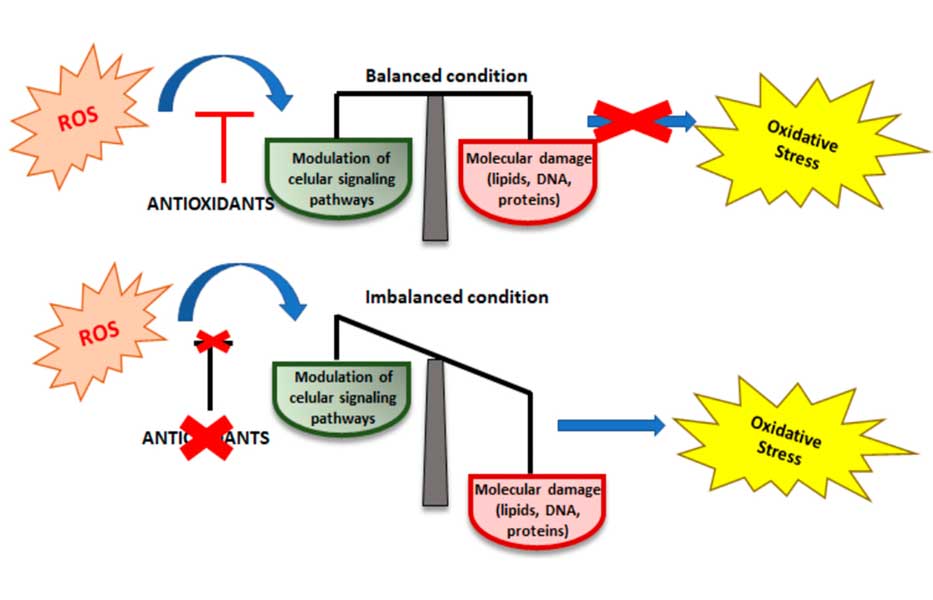
Nutraceuticals play a vital role in supporting individuals undergoing cancer treatment, providing essential nutrients and aiding in overall well-being. These specialized compounds, derived from food sources, contribute to the nutritional support and management of side effects associated with cancer therapies.
Key Nutraceuticals for Cancer Patients:
Omega-3 Fatty Acids:
- Found in fish oil and flaxseeds.
- Supports anti-inflammatory responses and may help manage treatment-related inflammation.
Antioxidants:
- Vitamins C and E, selenium, and beta-carotene.
- Protect cells from oxidative stress caused by treatments like chemotherapy and radiation.
Probiotics:
- Found in yogurt, kefir, and supplements.
- Supports gut health, essential for individuals experiencing digestive issues during treatment.
Vitamin D:
- Obtained through sunlight exposure, fatty fish, and supplements.
- Aids in bone health, crucial for cancer patients susceptible to bone-related complications.
Glutamine:
- Present in protein-rich foods like meat, dairy, and beans.
- Supports digestive health and helps manage treatment-related side effects.
Turmeric/Curcumin:
- Known for its anti-inflammatory properties.
- May assist in managing inflammation and improving overall well-being.
Green Tea Extract:
- Contains polyphenols with potential anticancer properties.
- Provides hydration and antioxidants.
Benefits of Nutraceuticals for Cancer Patients:
Supporting Immune Function:
- Essential nutrients bolster the immune system, aiding the body's natural defenses.
Managing Treatment Side Effects:
- Nutraceuticals can help mitigate side effects such as nausea, fatigue, and inflammation.
Enhancing Nutritional Intake:
- Ensures individuals receive adequate nutrients, especially during periods of appetite loss or dietary restrictions.
Promoting Overall Well-being:
- Contributes to improved energy levels, mental health, and quality of life during cancer treatment.
Considerations and Consultation:
Individualized Approach:
- Nutraceutical plans should be tailored to the individual's specific cancer type, treatment regimen, and overall health.
Professional Guidance:
- Consultation with a healthcare team, including a registered dietitian or nutritionist, is crucial to ensure safe and effective use of nutraceuticals.
Integration with Conventional Treatment:
- Nutraceuticals should complement, not replace, conventional cancer treatments. Their role is to provide supportive care.
Conclusion:
Incorporating carefully chosen nutraceuticals into the overall care plan can contribute significantly to the nutritional well-being and resilience of individuals navigating the challenges of cancer treatment. Always seek guidance from healthcare professionals for personalized advice based on individual health circumstances.

